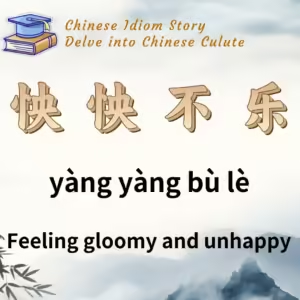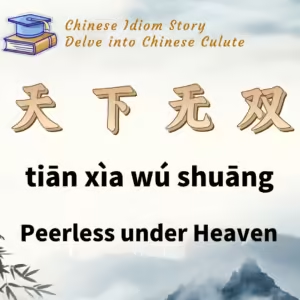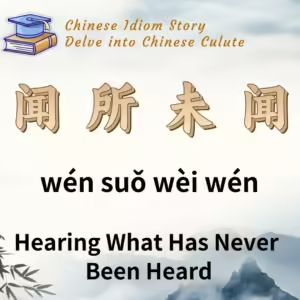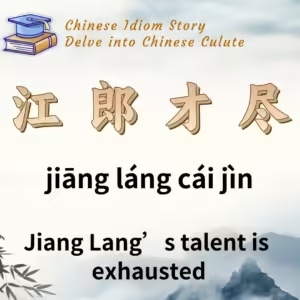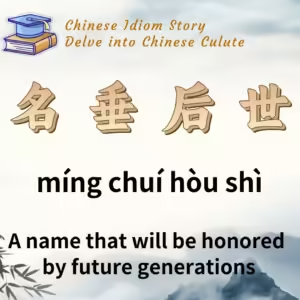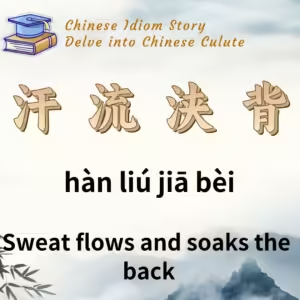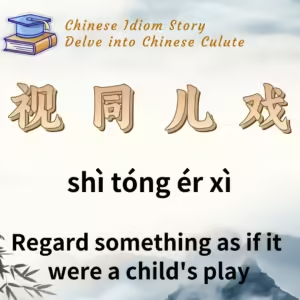
Chinese Idiom: 视同儿戏 (Shi Tong Er Xi)
English Translation: Regard something as if it were a child’s play
pīn yīn: shì tóng ér xì
Idiom Meaning: This idiom metaphorically describes a situation where a task is approached without seriousness or diligence, treating it as a trivial game rather than a significant responsibility.
Historical Source: Shiji (《史记》) – Jiang Hou Zhou Bo Shi Jia (绛侯周勃世家).
Idiom Story:
The idiom “视同儿戏” originates from the historical account of General Zhou Yafu, son of the esteemed Jiang Hou Zhou Bo, in Shiji. The narrative illustrates an episode from the reign of Emperor Wen of the Han Dynasty in 158 BC, when the Xiongnu nomads threatened the northern borders of the Han Empire.
To bolster defenses, Emperor Wen deployed several generals to key strategic locations. Among them was Zhou Yafu, who was stationed at Xiliu, tasked with protecting the capital, Chang’an. Emperor Wen decided to visit the military camps to assess troop morale and discipline.
When the Emperor first arrived at the camps in Bashang and Jimen, he found them to be poorly organized, with soldiers casually welcoming him. However, upon reaching Zhou Yafu’s camp at Xiliu, he was met with a stark contrast. The soldiers were alert, donned in armor, and prepared for action. The camp was heavily fortified, and the sentries firmly denied the Emperor entry without proper authorization.
Upon hearing this, Emperor Wen ordered a message to Zhou Yafu, expressing his desire to visit the troops. Only then did Zhou Yafu permit the Emperor’s entrance. Inside the camp, Zhou Yafu respectfully greeted the Emperor, stating that the soldiers could not kneel due to their armor but would salute him according to military protocol.
Impressed by Zhou Yafu’s strict discipline and the contrast with the laxity observed at the other camps, Emperor Wen remarked:
“嗟呼,此真将军矣! 曩者霸上、棘门军,若儿戏耳。”
(Ah, this is indeed a true general! The troops I saw at Bashang and Jimen were like children playing games!)
This observation highlighted the difference in seriousness and military readiness between Zhou Yafu’s camp and the others. The implication was clear: if an enemy were to attack the poorly guarded camps, the commanders there would easily be captured.
Thus, the phrase “若儿戏耳” (like child’s play) was simplified and evolved into the idiom “视同儿戏,” symbolizing an attitude of treating serious matters with a lack of respect or seriousness, akin to how children treat games.

